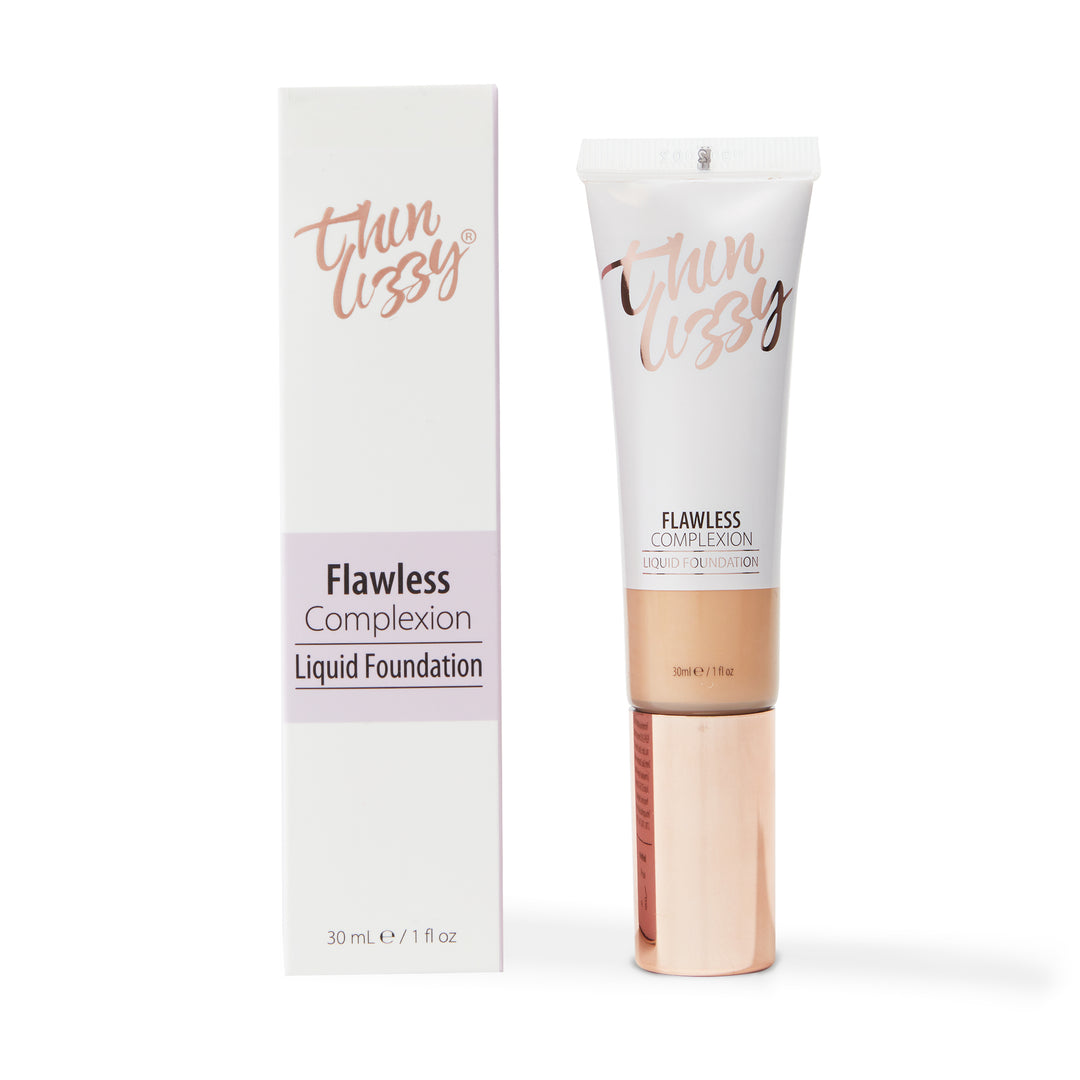The Role of Hydrolysed Collagen in Skin Care: Insights into Anti-Aging Benefits

As we age, our skin undergoes numerous changes, most notably the loss of collagen and elastin—two critical proteins that provide structural integrity and elasticity. The cosmetic and pharmaceutical industries have long been on the quest to mitigate these signs of aging. One promising solution is hydrolysed collagen, a bioactive peptide derived from animal sources that has shown potential in promoting skin health and restoring youthful properties. This article explores the multifaceted role of hydrolysed collagen in skin care, shedding light on its benefits and mechanisms.
Introduction to Hydrolysed Collagen
Collagen is the most abundant protein in the human body, making up about 30% of our total protein content, primarily found in skin, bones, and connective tissues. It provides strength and structure, while elastin, another protein, gives skin its elastic quality [1]. As we age, production of both proteins diminishes, leading to the typical signs of aging such as wrinkles and sagging skin [2].
Hydrolysed collagen, created through the enzymatic hydrolysis of collagen fibres, is composed of smaller peptides and amino acids like glycine and proline. This form of collagen is more easily absorbed by the body when applied topically or ingested, making it a popular ingredient in many nutraceuticals—products that combine nutrition and pharmaceutical properties [3].
Mechanisms and Benefits of Hydrolysed Collagen
Upon ingestion, hydrolysed collagen peptides have been found to enter the bloodstream, where they exhibit chemotactic properties that attract skin fibroblasts. These fibroblasts are crucial for the skin restoration process, as they help rebuild collagen fibres and enhance skin structure and hydration. This process not only helps to maintain the resilience and hydration of the skin but also aids in reducing the appearance of fine lines and wrinkles [4].
The collagen peptides are also thought to stimulate the production of hyaluronic acid and elastin, two components vital for maintaining skin's plumpness and elasticity. Clinical studies have shown that regular consumption or application of hydrolysed collagen can lead to significant improvements in skin elasticity, moisture retention, and overall appearance [5].
Nutraceuticals and Hydrolysed Collagen
The growing popularity of nutraceuticals in the health and wellness industry has also spotlighted hydrolysed collagen due to its therapeutic benefits and absence of adverse effects. These products are formulated to support skin health by providing essential nutrients that may be lacking in the average diet. They often include antioxidants and other bioactive compounds that can enhance the effects of collagen, offering a holistic approach to skin care and aging [6].
Clinical Evidence Supporting Collagen Supplementation
Numerous clinical trials have tested the efficacy of hydrolysed collagen supplements for skin care. These studies have consistently reported positive outcomes, such as increased skin hydration, enhanced wound healing, and reduced signs of aging. One particular study highlighted the benefits of a daily intake of hydrolysed collagen, resulting in improved skin elasticity and a noticeable reduction in wrinkle depth after several weeks of use [7].
Future Directions
The research surrounding hydrolysed collagen is expanding, with new studies exploring its potential in treating various skin conditions beyond aging, such as dermatological diseases and damage from environmental factors. Additionally, the development of new sources of hydrolysed collagen, including sustainable marine and plant-based options, promises to broaden its applicability and appeal [8].
Conclusion
Hydrolysed collagen represents a vital link between dietary supplementation and skin health, offering a promising solution for those looking to slow the signs of aging and maintain skin vitality. As the body of evidence grows, so does the potential for innovative and effective anti-aging strategies, making hydrolysed collagen a cornerstone ingredient in both nutraceutical and cosmetic industries.
By understanding and leveraging the science of hydrolysed collagen, individuals can make informed choices about their skin health, embracing a proactive approach to aging that combines nutrition, science, and wellness.
References
[1]: Madison KC: Barrier function of the skin: ‘la raison d'être’ of the epidermis. J Invest Dermatol. 121:231–241. 2003.
[2]: Proksch E, Brandner JM, Jensen JM: The skin: An indispensable barrier. Exp Dermatol. 17:1063–1072. 2008.
[3]: Jensen JM, Proksch E: The skin's barrier. G Ital Dermatol Venereol. 144:689–700. 2009.
[4]: Pérez-Sánchez A, Barrajón-Catalán E, Herranz-López M, Micol V: Nutraceuticals for skin care: A comprehensive review of human clinical studies. Nutrients. 10(403) 2018.
[5]: Donno D, Mellano MG, Cerutti AK, Beccaro GL: Biomolecules and natural medicine preparations: Analysis of new sources of bioactive compounds from Ribes and Rubus spp. Buds. Pharmaceuticals (Basel). 9(7) 2016.
[6]: Ilie MA, Caruntu C, Tampa M, Georgescu SR, Matei C, Negrei C, Ion RM, Constantin C, Neagu M, Boda D: Capsaicin: Physicochemical properties, cutaneous reactions and potential applications in painful and inflammatory conditions. Exp Ther Med. 18:916–925. 2019.
[7]: Schunck M, Zague V, Oesser S, Proksch E: Dietary supplementation with specific collagen peptides has a body mass index-dependent beneficial effect on cellulite morphology. J Med Food. 18:1340–1348. 2015.
[8]: Proksch E, Segger D, Degwert J, Schunck M, Zague V, Oesser S: Oral supplementation of specific collagen peptides has beneficial effects on human skin physiology: A double-blind, placebo-controlled study. Skin Pharmacol Physiol. 27:47–55. 2014.








